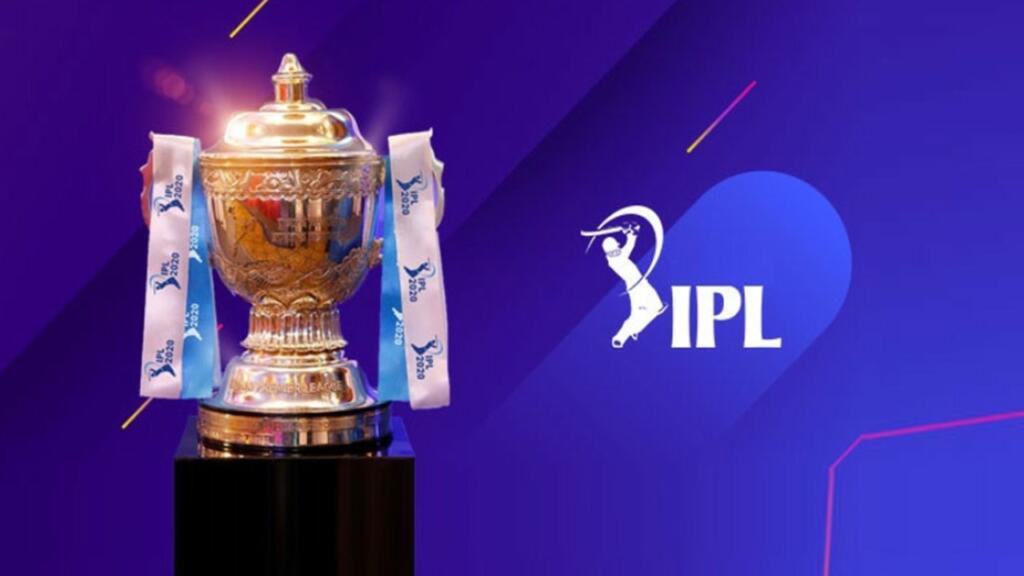IPL going Global: In 2003, the International Cricket Council (ICC) launched the T20 format of cricket, which proved to be a revolutionary moment in the sport. This announcement was followed by the inaugural T20 World Cup in 2007, which was a major milestone in the evolution of cricket.
India emerged victorious in the World Cup, and the Board of Control for Cricket in India (BCCI) took the opportunity to create a new T-20 tournament, the Indian Premier League (IPL). The IPL gave Indian and international players opportunity to showcase their talent and provided an exciting platform to compete.
IPL going global
The success of IPL has led to an increase in the global popularity of the game and has opened up new opportunities for the league. As a result, IPL team owners have taken advantage of this opportunity by investing in T20 leagues around the world. This has allowed IPL owners to expand their reach beyond India and gain access to new markets, which could potentially lead to increased revenues and more opportunities for players.
In the UAE’s T20 League, the International League T20 (ILT20) has been established with the involvement of three major Indian Premier League (IPL) franchises – the Mumbai Indians, Delhi Capitals, and Kolkata Knight Riders. Similarly, three teams from the Caribbean Premier League (CPL) are owned by IPL franchises – the Punjab Kings, Rajasthan Royals, and Kolkata Knight Riders. This demonstrates the commitment of the IPL franchises to the growth and development of cricket in the region.
It is an exciting development to see that Indian Premier League team owners have recently acquired all six franchises of Cricket South Africa’s new domestic T20 league. This demonstrates the IPL’s growing influence and reach on a global scale.
Also read: Little late but India has arrived at Esports horizon
Growing soft power
Sports are a powerful tool for connecting different cultures and nations. It brings people together and helps in bridging gaps among different countries. It can also be used to promote a positive image of a country, such as when Lionel Messi became global icon, Argentina, through his name and success was known all over the world.
His fame has created a positive perception of the country, with many people having a greater awareness of Argentina and its culture, despite not knowing much else about the country’s condition and economy.
Now that IPL is going global, it has recently secured a record-breaking deal for its streaming and television rights for the next five years. The agreement is valued at an impressive $6.02 billion. With these high media rights IPL overtakes the EPL (English Premier League) in per-match value, setting a new standard for the sport, and it definitely will increase the global soft power of the nation.
Also read: The revolution in Indian sports is not going to stop
Pros and Cons of IPL
IPL has generated a lot of revenue for the teams, players, sponsors, and broadcasting channels. Other than financial benefits, it has also increased the visibility of many brands like DLF, Jio, Manyavar, Samsung, and many more.
The Indian Premier League has improved player performance too; it has enabled players to showcase their skills and perform better in the tournament. Domestic players got the opportunity to share the dressing room with seniors, which helped them get more and more exposure. The IPL has also provided entertainment value to millions of cricket fans across the world. It has significantly increased interest in cricket and drawn in more viewers from around the world.
It is a law of nature that whenever there is something positive, there is bound to be something negative such as light and dark. The Indian Premier League (IPL) is no exception, as it has both its positive and negative aspects.
Also read: Women Sports and Menstrual Cycle: Jhulan Goswami asks the most pertinent question
- Excessive Commercialisation: The Indian Premier League is based on a franchise model, where a major chunk of revenue comes from corporate sponsors and advertisements. This has led to excessive commercialization of the tournament, which some people say has diluted the spirit and quality of the game.
- Monetary Greed: The IPL has become a platform for cricketers to earn huge sums of money. This has led to a situation where monetary gain has taken precedence over playing for the nation or for the love of the game.
- Devalued National Cricket: With the launch of the IPL, the national cricket tournaments and leagues have taken a backseat in terms of popularity. This has led to a devaluation of the national cricket tournaments, which is a huge loss for the game. Similarly, like football.
In order to ensure that national cricket remains a priority for players while still allowing them to pursue other interests, the Board of Control for Cricket in India (BCCI) needs to carefully weigh the advantages and disadvantages of any commitments outside of the national team. Through this process, everyone involved can ensure that players are able to maintain their focus on national duties without sacrificing their other interests.
Support TFI:
Support us to strengthen the ‘Right’ ideology of cultural nationalism by purchasing the best quality garments from TFI-STORE.COM
